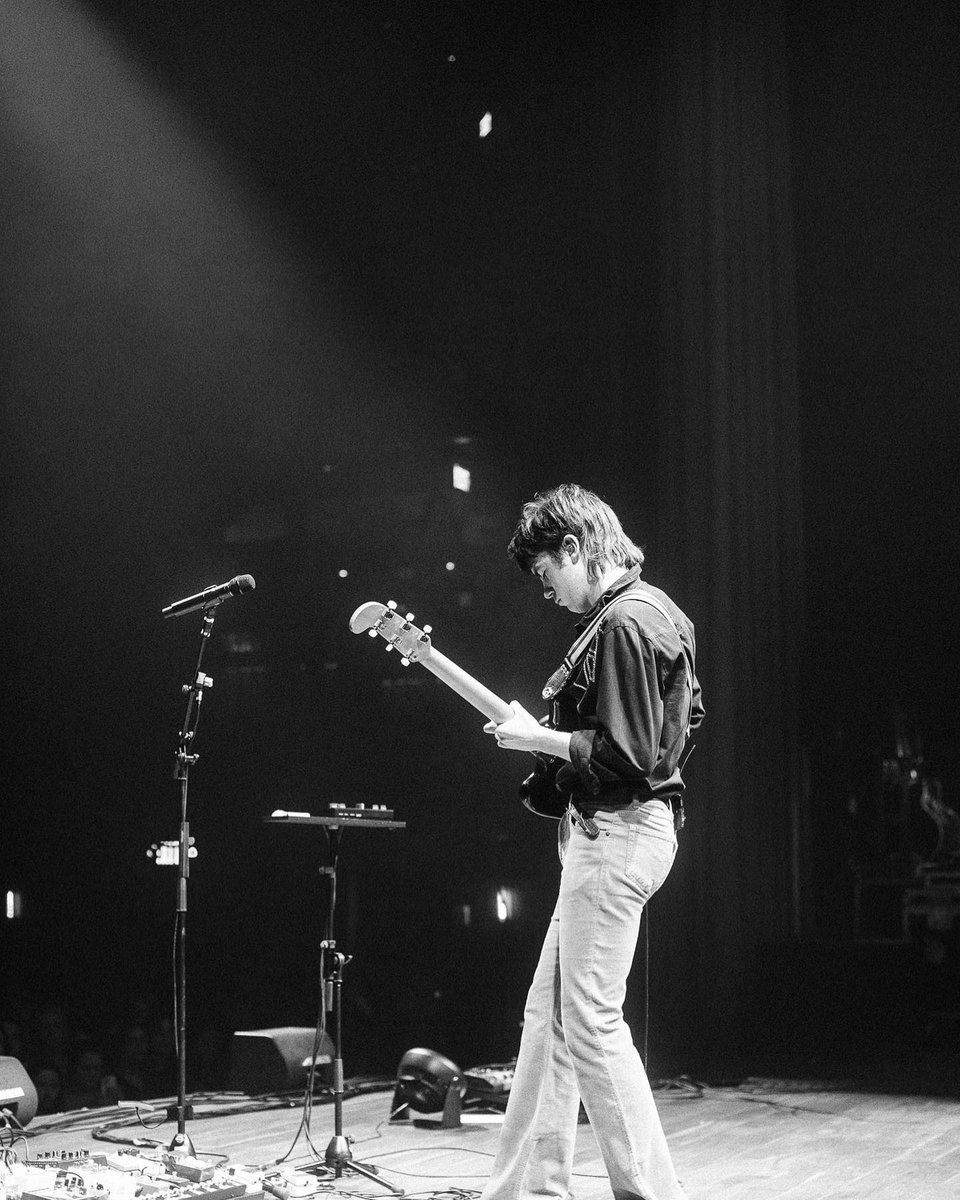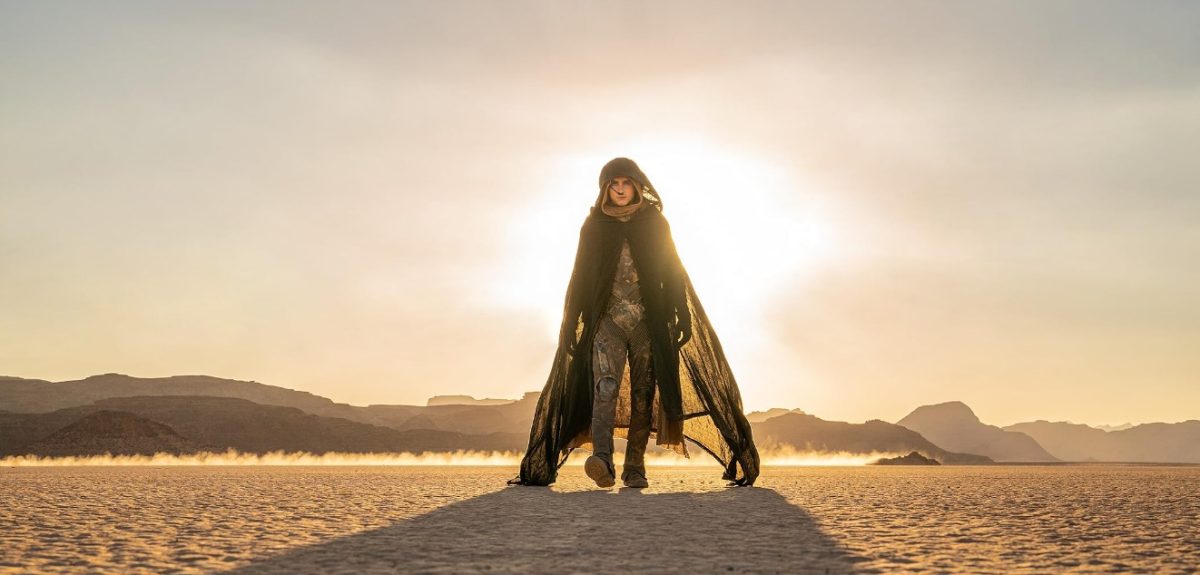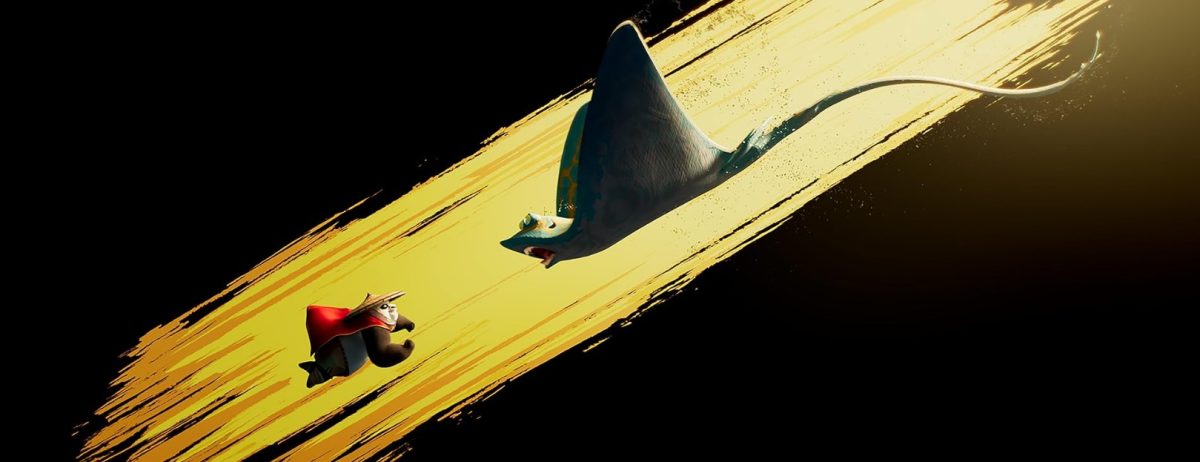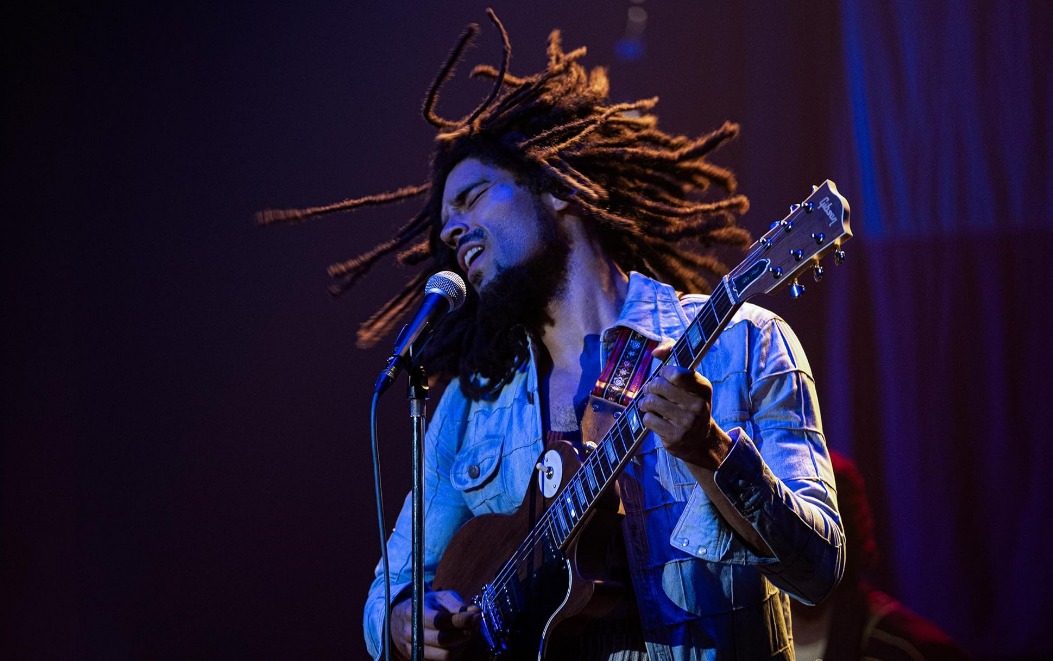
Declan McKenna released his third studio album, “What Happened to the Beach?” on Feb. 9 after facing several setbacks due to the COVID-19 pandemic. McKenna responds to his viral rise to fame and fall from relevance. His candor has led to a beautiful album free from inhibitions.
McKenna released four songs — “Sympathy,” “Nothing Works,” “Elevator Hum” and “Mulholland’s Dinner and Wine” — as singles ahead of the album. Upon first listening to “Sympathy,” the upbeat tune seemed to emulate a wannabe pop hit with a hint of satire, but upon a second listen at his July 30 concert, the song served as a communal contract to believe in each other and cry for mercy.
“Nothing Works” most explicitly shows McKenna’s self-awareness of his career — and it precisely reflects the human experience, constantly pursuing personal betterment. The frustration of trying and failing to please your audience is not only relatable to fallen stars but also to every single people pleaser. This is apparent when he writes, “I don’t relate to the kids no more / I feel like I’m letting them down.” McKenna comments on the effects of constantly trying to fight against losing relevance, which rings true for anyone past their youth. While not a universal problem at face value, it transcends the specters of popularity. Even without a fall from fame, the fear of letting everyone who’s rooting for you down and the struggle to self-improve are omnipresent.
“WOBBLE” starts off the album with a melodic commentary on climate change as an inverse parallel to how his life changed and how he embraces even the tears that he now sheds “in the sunshine.” McKenna’s full-throttle embrace of life and appreciation for his growth pushes the listener to reflect on how far they’ve come.
The space ukulele song “Elevator Hum” mixes a more electronic sound with background vocals and more traditional instruments. Conversely, “I Write the News” distinctly resembles The Beatles’ “Yesterday,” starting with a catchy melody with a plucked guitar until it inverts into a more electric sound that is not afraid of the sound of fingers sliding across the strings. All the while — in true Declan fashion — he provides commentary on Britain’s political climate.
McKenna’s next track, “Mulholland’s Dinner and Wine,” is a reflection on having a revelation that getting everything you want is not always good for you. While the musicality of this track is incredible, the lyrics could distance people who haven’t been blessed with the problem of getting everything they want.
McKenna wraps up his third studio album with a 48-second track “4 More Years,” in which he hypnotically chants “four more years,” seemingly warning his listeners by using the power of repetition to drive home a point: the importance of the next election. This almost off-putting lullaby stands out from the rest of the album, leaving the listener with a cryptic message that is all the more potent because of the track’s brevity and repetitive nature. “4 More Years” seems to pay homage to McKenna’s earlier albums with more serious social commentary-focused tracks. Through this track, McKenna cemented that he will not forget his purpose to express the worries of his generation while unapologetically marinating in his newfound joy.
Much like McKenna’s music is tailored to his current environment, so was my experience listening. As my old roommate and I swung our feet out the window of my ninth-floor dorm room, the tunes of McKenna’s latest album serenaded us. Maybe my review is influenced by my experiences like my relationship to his song “Sympathy,” but if every piece of art is supposed to evoke emotion, and sometimes emotion drives our actions, then our experience listening is shaped by the music itself. “What Happened to the Beach?” compelled me to swing my bare feet out my window to feel the wind against my toes. I’d be surprised if you don’t want to do a cartwheel in a meadow or run against the waves by the end of listening to “What Happened to the Beach?”




















